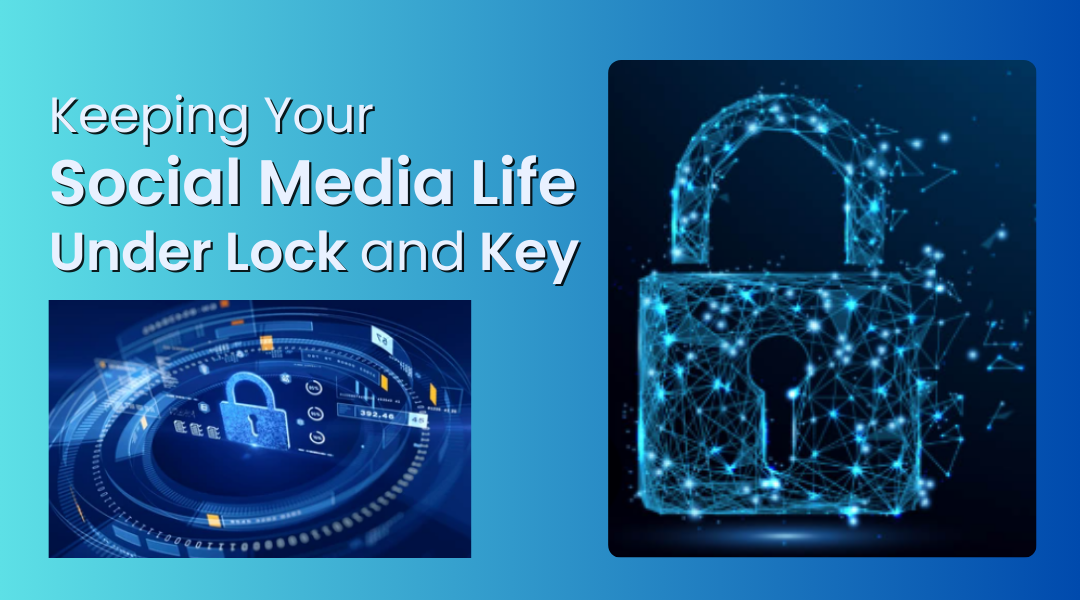We scroll, we post, we share – but how much thought do we really give to who’s watching? That innocent photo of your kids at the park or check-in at your favorite coffee shop might be telling strangers more about you than you’d ever share in person. Let’s talk real-world social media safety – no tech jargon, just straight talk about protecting what’s yours.
Who’s Really Seeing Your Stuff?
The Privacy Settings You Need to Change Today
Each platform plays by its own rules, and they’re always changing the game:
- Facebook’s hidden gotcha: Even if your profile is private, your comments on public pages are fair game. That political rant under a news article? More visible than you think.
- Instagram’s sneaky default: Your “likes” and follows are public unless you change it. That embarrassing reality TV show you secretly enjoy? Not so secret anymore.
- LinkedIn’s oversharing: The “signal you’re open to work” feature can alert your current employer if you’re not careful with the settings.
Real consequence: A friend’s sister didn’t realize her dating app was connected to Instagram. When she matched with a coworker, all her vacation photos (with location tags) became conversation starters at the office.
The New Scams Hiding in Your Inbox
Messages That Should Set Off Alarm Bells
The latest tricks hitting inboxes right now:
- The “You’ve Been Tagged” Trap
- Fake notifications claiming you’re in unflattering photos
- Leads to fake login pages that steal credentials
- The “Helpful” Hacker
- “Security alerts” about suspicious login attempts
- Includes a “secure link” that’s anything but
- The Nostalgia Play
- “Remember this?” messages with fake memory links
- Preys on our curiosity about old photos
Spot them:
- Hover over links (don’t click!) to see the real destination
- Check the sender’s email address – official messages come from company domains
- When in doubt, log in directly (never through email links)
When Good Accounts Go Bad
What Happens When Friends Get Hacked
It’s not just strangers you need to watch for:
- That DM from your college buddy about an “amazing crypto opportunity”? Probably not them.
- The group chat invite to “see who viewed your profile”? Definitely fake.
Smart move: Establish a code word with close friends for sensitive requests. If they really need help, they’ll use it.
Cleaning Up Your Digital House
Spring Cleaning for Your Social Life
- The Friend List Purge
- Remove contacts you haven’t spoken to in 2+ years
- Watch for fake accounts using stolen profile pictures
- The App Audit
- Revoke access to old apps you no longer use
- Especially those sketchy quiz apps from 2016
- The Photo Review
- Delete or make private old posts with sensitive info
- Think: home addresses in background shots, license plates, work badges
Quick win: Set aside 15 minutes this weekend to do just one of these. Small steps make big differences.
Your Action Plan
- Tonight: Check one privacy setting on your most-used platform
- This week: Have a “social media safety” chat with your family
- This month: Do a full friend list/app permission cleanup
Remember – the internet is the world’s most permanent notebook. What you share today could resurface years later. A little caution now saves a lot of regret later. Stay smart out there.
Final thought: If you wouldn’t shout it in a crowded mall, think twice before posting it online. Your future self will thank you.
